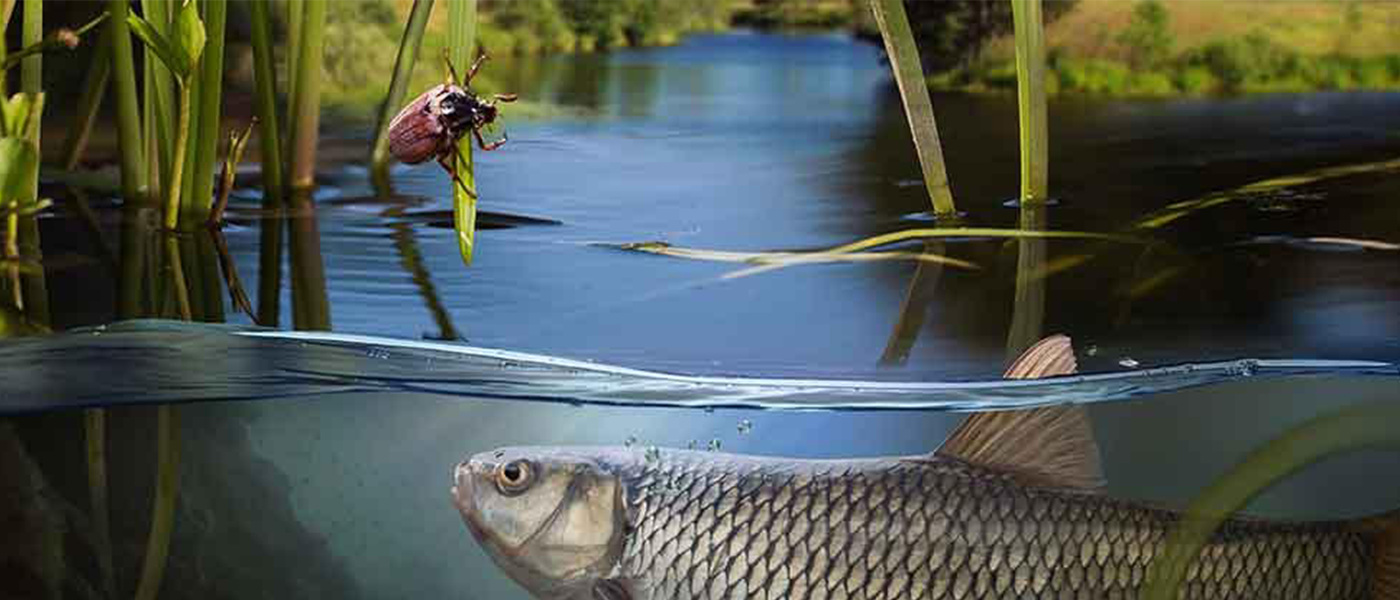Research in environmental physiology explores how cells and physiological systems respond to changes in their environment. The environmental physiologists in the Department of Biology study a broad range of topics in a variety of vertebrate (mammals, fish, birds) and invertebrate (insects, crustaceans, worms) animals. Our studies take advantage of a diverse array of cutting-edge techniques, such as in vivo physiological recording, patch-clamp analysis, scanning ion-selective microelectrode technique (SIET), cell and tissue culture, confocal immunofluorescence analysis, transcriptomics, and proteomics. Work in the laboratory is complemented by field research in a diversity of locations, including the Queens University Biological Station in Ontario, the Bamfield Marine Station in British Columbia, Mongolia, China, the Andean Mountains of Peru, the Rift Valley of Africa, and the Brazilian Amazon. Motivated students and post-doctoral fellows can expect an exciting, highly interactive, and intellectually stimulating environment for research.
Expandable List
- BIOL 6X03 / Environmental Physiology
- BIOL 726 / Integrative Physiology
- BIOL 727 / Cellular and Molecular Physiology
- BIOL 728/ Environmental Physiology
Explore the Graduate Courses page for more information
- Researchers in the O’Donnell lab have revealed interactions between detoxification and excretory mechanisms in insects and are also investigating how insect renal and gut tissues are controlled by neuropeptides.
- Work by the McClelland lab is providing novel insight into how mice adapt to the low oxygen levels at high altitudes by adjusting energy metabolism
- The Wilson lab is showing that chronic exposures of fish to human pharmaceuticals impacts fish reproduction and development
- Research in the Scott lab is uncovering the respiratory and cardiovascular mechanisms of high-altitude adaptation in birds and mammals
Environmental Physiology

Graham Scott
Associate Professor, Canada Research Chair (Tier 2), University Scholar

Joanna Wilson
Professor, University Scholar, Associate Chair (Research)




